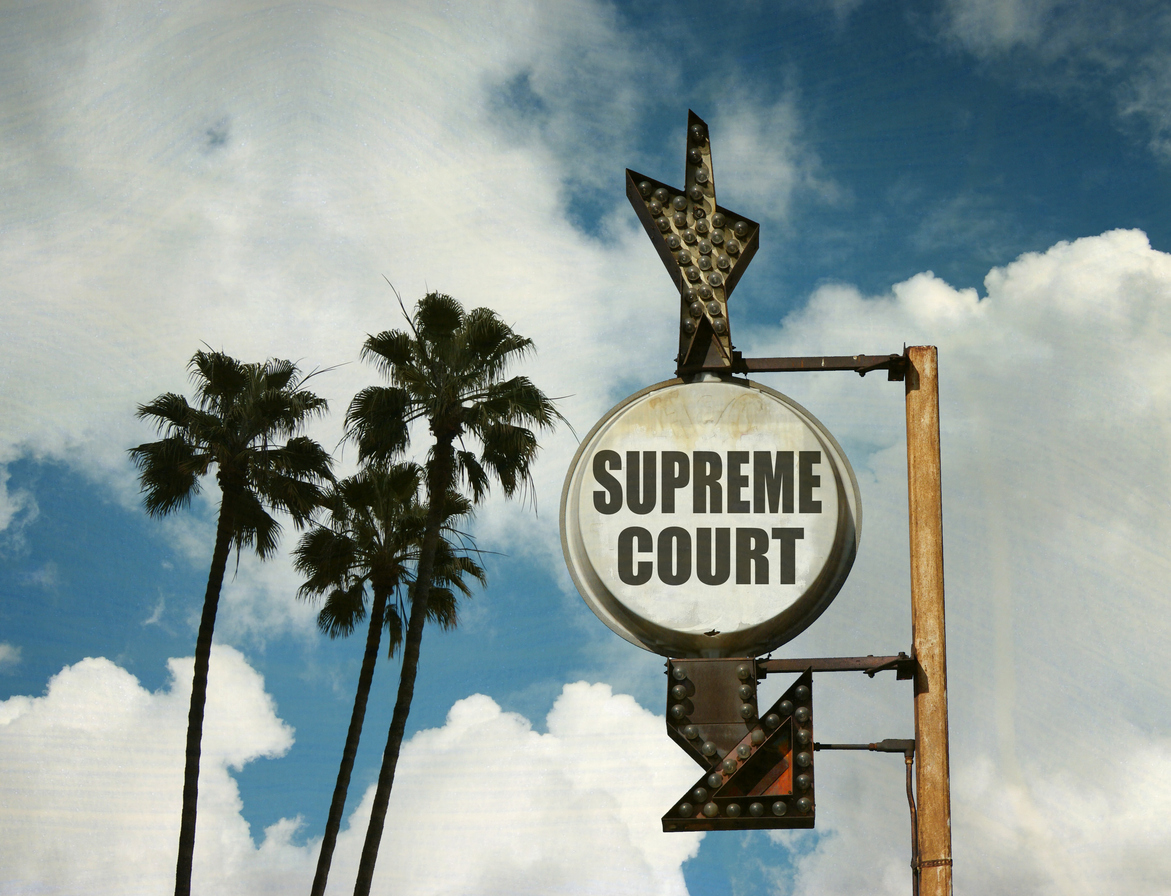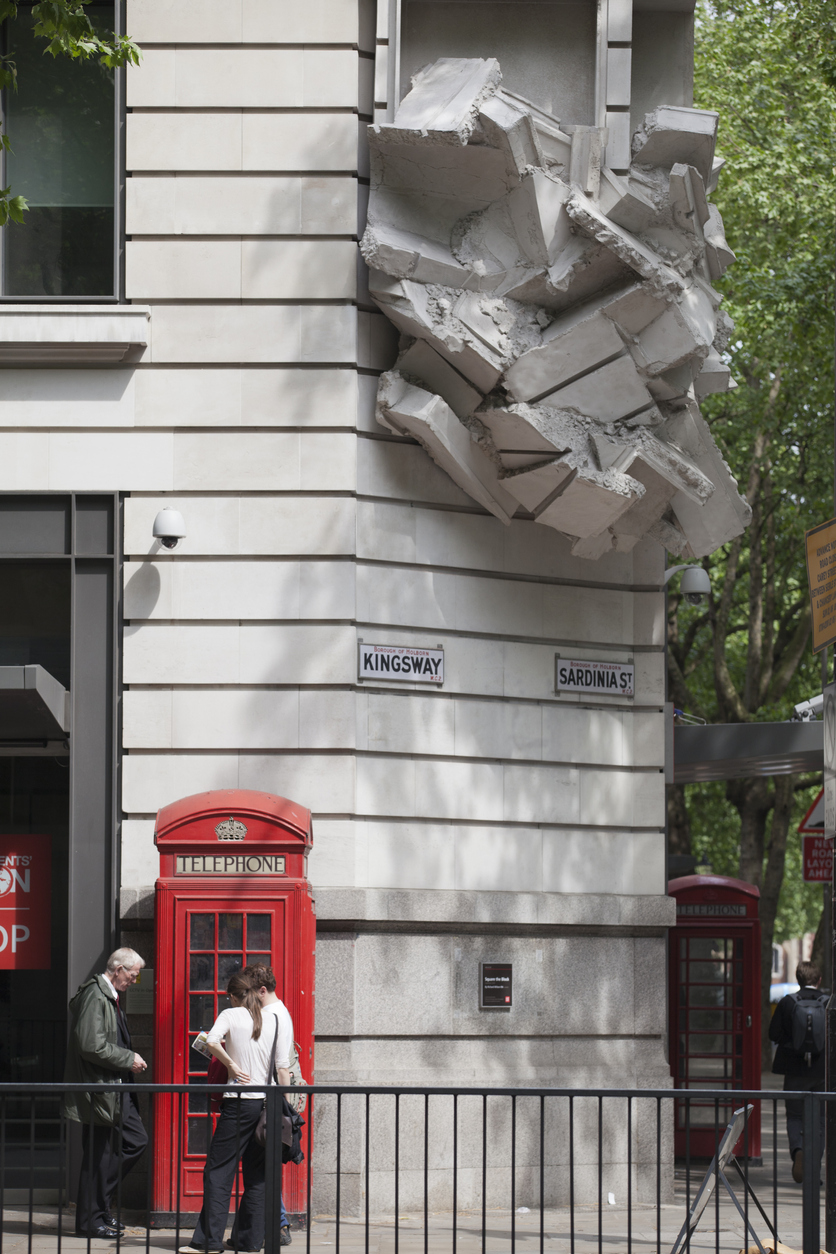Last week, I blogged about how California’s Department of Insurance issued a one-year moratorium to insurance companies to stop their practice of non-renewing and cancelling homeowner’s insurance coverage for policyholders living near major wildfires.1 But what if your carrier sent you a cancellation just prior to the moratorium – does the moratorium apply retroactively to restore your coverage?
Probably not, but a recent 7-0 ruling by the California Supreme Court gives hope of future changes to the state’s preexisting presumption that laws are not retroactive when it comes to insurance policies. It may also set a trend for retroactive application of certain statutory changes, even if it the provisions are contradicted by older policy language. In McHugh et al. v. Protective Life Insurance Company,2 the court held that new laws extending grace periods and changing notice requirements applied to a life insurance policy even regardless of when the policies were originally issued or if those statues were contradicted by the policy.
In McHugh, life insurance policy holder William McHugh had a 60-year, $1 million term life insurance policy, issued in 2005. McHugh paid his premiums on time each year through January 2012, but he failed to pay his premium for 2013 that was due on January 9, 2013. McHugh then became sick and died in June 2013. The policy had a 31-day grace period if he failed to pay his policy. This means the insurer would give him 31 extra days to pay his premium, after the stated deadline, before terminating the policy.
However, on January 1, 2013, California law changed invoking a new grace period (Insurance Code §10113.71 and §10113.72), requiring life insurance policies to provide for a 60-day grace period. The statutes also contain important notice requirements for carriers to comply with before cancellation. The purpose of these changes was to prevent policyholders, especially elderly and hospitalized, from losing coverage for failing to make a payment, particularly on policies they have properly paid premiums on for many years.
Prior to McHugh missing his January 9, 2013, payment, Protective Life sent him a warning letter in December 2012. He again didn’t make the payment even though Protective Life sent him another letter on January 29 telling him about the policy provided grace period. When payment wasn’t made, Protective Life sent him a letter on February 18, telling him the policy had expired but could be reinstated with payment by March 12. McHugh still didn’t pay, and his policy was terminated. After he passed away a few months later, his wife sought status about the policy from Protective Life and was told it was terminated. She sued, along with McHugh’s daughter, arguing the new January 1, 2013, laws should apply. Both the trial and lower appellate court ruled against the family and held that the new laws didn’t apply, but the California Supreme Court reversed and held that the new regulations were applicable to the policy. It is important to note that the supreme court did not address whether the plaintiffs were entitled to recover the policy benefits, but instead remanded the case back to the trial court for a jury to decide whether or not Protective Life complied
In their concurring decisions, the judges noted that retroactive application of California state laws could be a trend if they come up before the court again. This would be an important change to the benefit of policyholders in California, especially victims of wildfires (or other government declared disasters). For example, California Insurance Code section 2060(b)(1) went into effect on January 1, 2021. This section provides that insurers must provide coverage for at least 36 months of Additional Living Expense (ALE) incurred due a covered loss relating to a state of emergency – almost every massive wildfire. The old rule held that only 24 months was required but was changed because of extended construction periods. If you suffered a wildfire in December 2020, you would only be entitled to the 24 months of ALE, but January 2021 wildfire victims would receive a minimum of 36 months under the new rule.
Another example of retroactive applicability that would benefit policyholders who made wildfire claims in 2020 is the recent change to California Insurance Code § 10103.7(b)(1). This rule was changed to require carriers to pay at least 30% of the policy limit for personal property damage (up to $250,000) in the case of a covered total loss resulting from a wildfire, or other state of emergency. This rule went into effect on January 1, 2021, so victims of the massive Creek Fire in Fresno and Madera Counties who suffered losses in late 2020 would not benefit from this change. Several other rules should have retroactive application to all policies, not just policies in effect prior to the recent enactments. If your insurance policy was cancelled just prior to the government declaring your area a disaster zone, you would have strong interest in reversing the cancellation or non-renewal retroactively. Because the insurance business is a matter of public interest, the state should be allowed exercise its police power to enact legislation and case law that affects existing policies for protection of policyholders.
______________________________________
1 Derek Chaiken. California Protects Homeowners From Cancellations Due To Wildfires. Property Insurance Coverage Law Blog. Aug. 28, 2021.
2 McHugh et al. v. Protective Life Ins. Co., 2021 WL 3853061 (Cal. Aug. 30, 2021).





